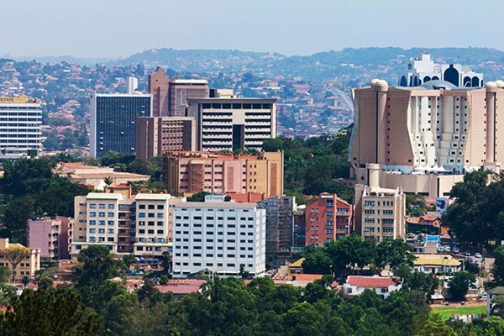
I am currently in Uganda for a few days to visit a close friend who lost his wife. I had been unable to go for the funeral. I have spent two days in Kampala, one day in Tororo and I am now near the DRC border. Uganda has lost its splendour. The country seems to be tearing at the seams. At the centre of this this saga is the desire yet again for President Yoweri Museveni to amend the constitution, this time to remove the age limit that stands between him and his desire to run for another term and to possibly pave way for life presidency. But anyone who knows Museveni, the man, will tell you that the turmoil in Uganda should not worry Ugandans alone.
Indeed, it is tempting to see the ongoing turmoil in Uganda as an isolated incident to do with the desire for Museveni to secure another term in office. Close scrutiny, however, shows a pattern of behaviour that could engulf the entire region into serious instability.